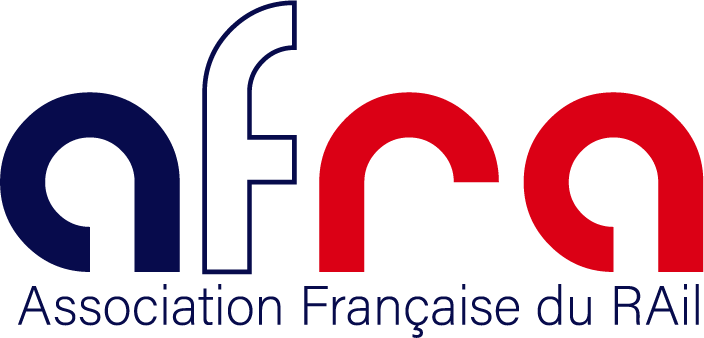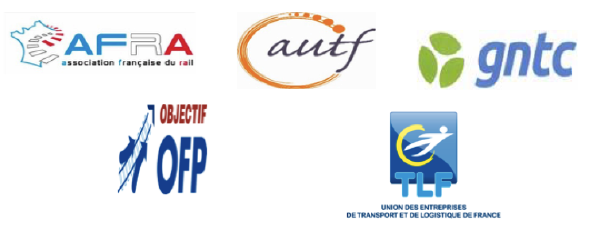Although the domestic rail freight market posted a slight recovery of 0.6%, in 2014 (in tonnes.km), it remains fragile because of the cost and low quality of rail infrastructure. The representative organisations of the industry and their members are determined to play their full part in reviving this mode of transport, as they are convinced that rail freight can make a contribution to regional development, the competitiveness of agriculture and industry and the reduction of transport related pollution. Mindful of these challenges, they are seriously concerned about the current policies of government authorities and the infrastructure manager.
In 2016, freight charges have been raised by 6.27% but the quality of service on the network is deteriorating. For this year, AFRA’s member companies are seeing a doubling of the number of very short term paths. For 2017, SNCF Réseau is proposing a 2,4% increase in paths but no guarantee of an improvement in service quality.
Against this background, it us urgent for the State and the infrastructure manager to agree on a performance contract and narrow the gap between the average freight path charge of €4.8 per train-kilometer and the average European charge of €2.8. Without continuing state subsidies, rail operators in France would simply be unable to compete on a level playing field with other modes of transport.
The French rail freight representative organisations consider that the short-term view is no longer sustainable for the economy of rail freight. They therefore call for a freeze on access charges at 2016 levels until a strategy is defined that would provide a secure financial and commercial framework for rail operators, enabling them to protect their investment and develop their businesses. This strategy should be based on the three following pillars:
1/ the presentation of a detailed, transparent and properly argued analysis of the costs of rail freight infrastructure, as well as progress towards the average European path charge of €2.8 per train-kilometer;
2/ the introduction of path quality indicators enabling a correlation to be established between rates charged and infrastructure service quality;
3/ serious efforts by the infrastructure manager to tackle the numerous levers to improve productivity already identified by the French National Audit Office and the General Council for the Environment and Sustainable Development (CGEDD).
The representative organisations of the French rail freight industry call on the French State to shoulder its strategic responsibilities as a supervisory authority and urge the infrastructure manager to attain the goals of service quality and cost control set out in the Law of August 4, 2004 on the reform of the French rail sector.

